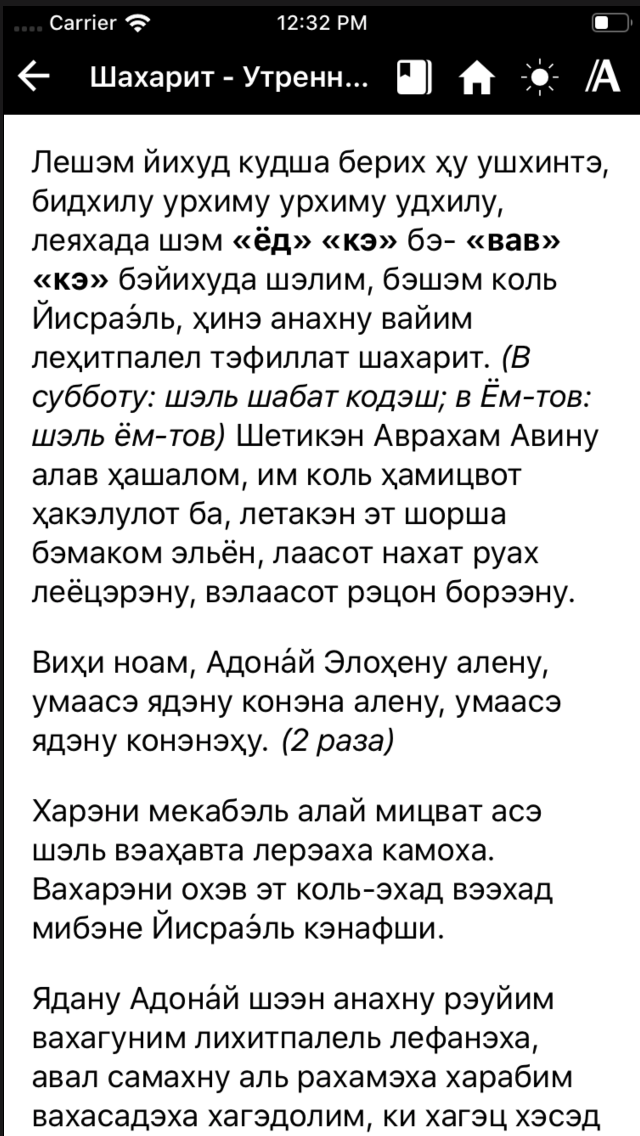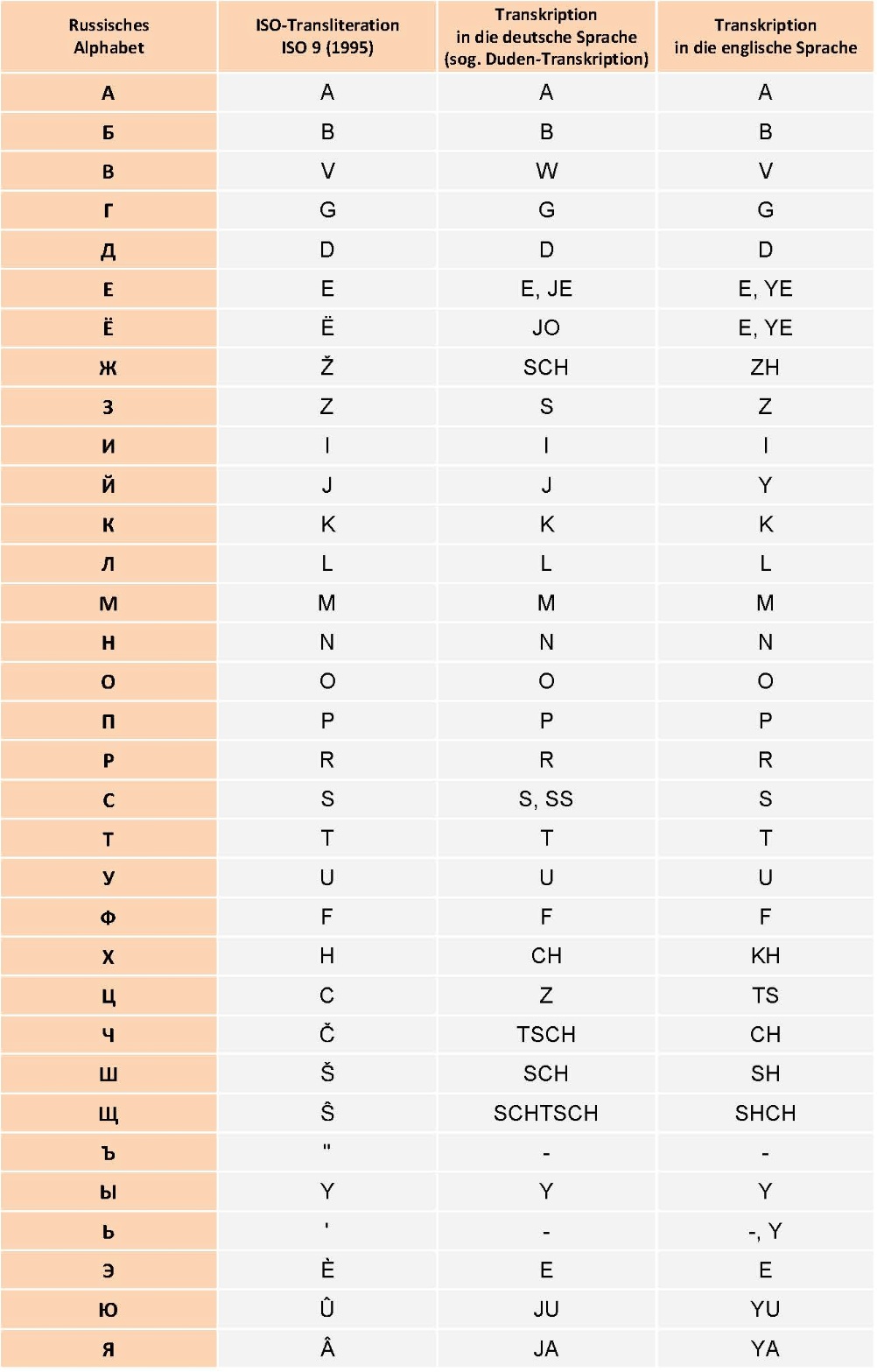

You can find both standard and non-standard systems for transliteration there. To translate the text, select the appropriate option in the systems section or use the navigation menu "transliteration systems". The online service that gives the possibility to transliterate words and messages from Russian into English and the Latin alphabet. These situations arise quite often so to cope with them easily, we have created this service. For example, to translate geographic names into characters understandable for people who are not familiar with the local alphabet, to convert the first and last names in international IDs, or to send a translit message to a person whose receiving device doesn’t have Cyrillic encoding. Russian (, transliterated as russkiy yazyk) belongs to the East Slavic group of the Indo-European family.

The need for transliteration can be encountered in many life situations. This conversion preserves the ability to read and understand texts, even if a device does not support a specific language or a character system. This word comes from the abbreviation of the word transliteration and denotes the process of translating Russian letters into Latin (the Latin alphabet) letters. A special case of such a transformation is "translit". Just as a recall - transliteration is a transformation of letters and signs of one written system into the letters and signs of another system, according to the predetermined rules.
ENGLISH TO RUSSIAN TRANSLITERATION ONLINE ISO
Update: ISO has a number of standards related to transliteration, one of which is ISO 9:1995: Information and documentation - Transliteration of Cyrillic characters into Latin characters - Slavic and non-Slavic languages.Welcome to the website of the online transliteration service - The project was created with the aim of providing a simple, convenient, and comprehensible way to transliterate texts, words, and even individual letters, using different systems, standards, and rules of transliteration. Library catalogues are another one (although they can contain synonyms that "redirect" to the library's "official" transliteration system). Passports are not the only area where consistent transliterations are important. If you look at the Wikipedia article Romanization of Russian you will notice that there are different transliteration system just for English, for example, the system used by the American Library Association and the Library of Congress ( ALA-LC), British Standard BS 2979:1958, etc. Transliteration of the Russian alphabet contains a comparative overview of translitations of Cyrillic in 12 languages. For example, Пётр Ильич Чайковский is transliterated as Pyotr Ilyich Tchaikovsky in English, Pjotr Iljitsch Tschaikowski in German, Piotr Ilitch Tchaïkovski in French, Piotr Ilich Chaikovski in Spanish, Pëtr Il'ič Čajkovskij in Italian, etc., etc. There are enough online services ( for example) that let you type Cyrillic text (using some form of a translit) live without installing a Russian keyboard.Īs far as I know, the transliteration system depends on the language into which you transliterate the Russian name. That said, reading translit is always a pain, and in this day and age there is little justification for using it in normal writing. kolxo3 or even ko/\xo3 (= колхоз), but please don't use them, it really sucks. There are more drastic schemes where, for example, similarities between the scripts (glyphs) are used, e.g. The romanization of the Russian language (the transliteration of Russian text from the Cyrillic script into the Latin script ), aside from its primary use for including Russian names and words in text written in a Latin alphabet, is also essential for computer users to input Russian text who either do not have a keyboard or word processor set up. As you enter each word, you will see how it is transliterated in the desired language. Transliterate your English text by visiting the language page from the above list and entering your text. Nevertheless, the differences between these systems are relatively minor, and all can be read with comparable difficulty. Transliteration.io is an easy-to-use application. The Scholarly is more common for the academic use but for the same reason as yours (difficulty of typing) it is not commonly used elsewhere. (Newer passport standards are actually worse they were made primarily to conform to the older ICAO standard).

People use whatever they think is right.įrom the table on your link, I would suggest that the "Passport (1997)" is the most common and clear. There is none, really, unless you have to abide by a legal standard (e.g.


 0 kommentar(er)
0 kommentar(er)
